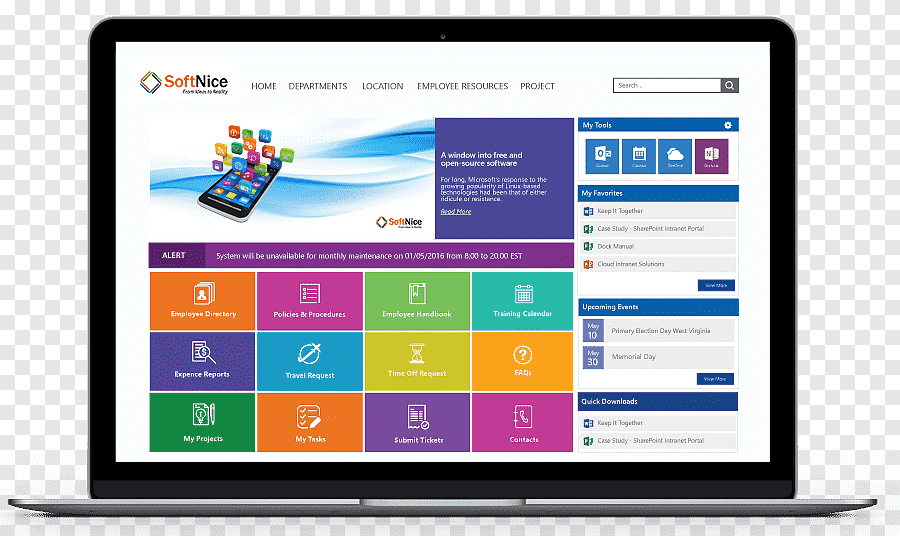Strategic Use of Dynamic Proxy Solutions for Overcoming Geo-Restrictions

Understanding Geo-Restrictions and the Need for Solutions
In today’s digital-first world, users often face challenges when accessing online content due to geo-restrictions. Many websites, streaming services, and digital platforms impose regional limitations on their content, either due to licensing agreements, censorship regulations, or business strategies. For individuals and businesses, this creates barriers that limit free access to information, entertainment, and global markets. Dynamic proxy solutions have emerged as one of the most effective tools to overcome these obstacles. By masking a user’s real IP address and providing rotating alternatives from various locations, these solutions allow seamless access to otherwise restricted platforms while ensuring a secure browsing experience.
Geo-restrictions can affect multiple sectors beyond streaming services. Online businesses conducting market research, advertisers running global campaigns, and security experts analyzing threat landscapes also face restrictions. In such cases, dynamic proxy solutions are not just a convenience but a necessity. They help users bypass filters, maintain privacy, and access region-specific content without compromising their digital identity.
What Are Dynamic Proxy Solutions?
Dynamic proxy solutions refer to advanced proxy systems that provide rotating IP addresses, typically sourced from a pool of global servers. Unlike static proxies, which rely on a fixed IP address, dynamic proxies frequently change the assigned IP during a session or after a set time interval. This mechanism ensures anonymity, reduces the risk of detection, and allows consistent access to content across borders.
For instance, when a streaming service limits access to certain shows in specific countries, a dynamic proxy can automatically switch IP addresses, making it appear as though the user is browsing from an allowed region. The dynamic nature of these proxies makes them harder to block, which is why they are favored by enterprises engaged in web scraping, SEO monitoring, and competitive intelligence gathering.
Dynamic proxy solutions typically come in different forms, such as residential proxies, datacenter proxies, and mobile proxies. Residential proxies route traffic through real devices, making them more difficult for websites to detect. Datacenter proxies are faster and more cost-effective but may be flagged more easily. Mobile proxies leverage real mobile networks, offering the highest level of authenticity but at a higher cost.
Key Benefits of Dynamic Proxy Solutions
Dynamic proxy solutions provide a wide array of advantages for both individuals and businesses.
Bypassing Geo-Restrictions
The primary benefit is unrestricted access to global content. Whether it is streaming media, accessing e-commerce platforms, or gathering region-specific data, dynamic proxies eliminate the barriers imposed by location-based restrictions.
Enhanced Anonymity and Privacy
With rotating IP addresses, user identity remains protected at all times. This prevents tracking by websites, advertisers, or malicious actors. Businesses conducting sensitive research also benefit from this added layer of privacy.
Reduced Risk of Blocking
Websites often detect and block static proxies once they identify repeated traffic from the same IP. Dynamic proxy solutions solve this by frequently changing the IP, making it extremely difficult for websites to identify and block users.
Improved Performance and Reliability
Many providers offer smart proxy rotation, which balances traffic across multiple IP addresses. This helps avoid downtime, improves connection speeds, and ensures reliable access even during high-demand periods.
Business Intelligence and Data Collection
Dynamic proxies are crucial for companies that rely on large-scale web scraping and data gathering. They allow businesses to collect real-time insights without facing restrictions, enabling accurate market research, competitor analysis, and SEO tracking.
Use Cases of Dynamic Proxy Solutions
The application of dynamic proxy solutions spans across industries and personal use cases.
Streaming and Entertainment
Viewers use dynamic proxies to access streaming libraries that are otherwise restricted by country. For example, a movie available in the US might not be accessible in Europe, but a proxy can bridge that gap.
E-Commerce and Market Research
Online retailers and market analysts use dynamic proxies to monitor global pricing trends, track competitor strategies, and ensure they remain competitive. Without proxies, such activities would be limited by geo-blocking and IP bans.
Cybersecurity and Privacy Protection
Security professionals rely on proxies to monitor online threats from different regions. By rotating IP addresses, they can simulate traffic from multiple locations and analyze potential risks without being detected.
Advertising and SEO Monitoring
Marketers use dynamic proxy solutions to verify ad placements, monitor campaigns, and ensure visibility across regions. Similarly, SEO experts can check search engine rankings in different countries without interference from geo-restrictions.
Challenges and Considerations
While dynamic proxy solutions offer significant advantages, they also come with challenges. Not all providers guarantee high-quality service, and poorly managed proxies can lead to slow connections, frequent disconnections, or exposure to security vulnerabilities. Users must choose reliable providers that maintain large pools of IP addresses, offer encryption, and ensure compliance with privacy standards.
Another consideration is ethical and legal use. While bypassing geo-restrictions is common, it is essential to respect intellectual property rights and abide by relevant laws. Businesses, in particular, must ensure that their data collection practices remain within the legal frameworks of their operating regions.
The Future of Dynamic Proxy Solutions
The demand for dynamic proxy solutions is set to grow as global content consumption and data-driven business strategies continue to expand. With increasing censorship in some regions and stricter content distribution agreements, proxies will remain critical tools for maintaining digital freedom.
Technological advancements are also shaping the future of proxy solutions. The integration of artificial intelligence for smarter IP rotation, machine learning for traffic optimization, and blockchain for enhanced security are all emerging trends. Mobile and residential proxies will likely dominate the market due to their authenticity, while datacenter proxies will continue to serve businesses needing speed and cost-effectiveness.
Moreover, as cyber threats evolve, the need for secure and dynamic access will grow. Proxies will not only help bypass geo-restrictions but also serve as frontline defenses against malicious activities by providing anonymity and traffic obfuscation.
Conclusion
Dynamic proxy solutions represent a strategic approach to bypassing geo-restrictions while ensuring security, privacy, and access to global information. They empower individuals to enjoy unrestricted entertainment, help businesses gain competitive insights, and enable professionals to safeguard digital assets. As digital ecosystems become increasingly complex, the role of dynamic proxy solutions will only expand, making them essential for both everyday internet users and enterprises navigating global online environments.










